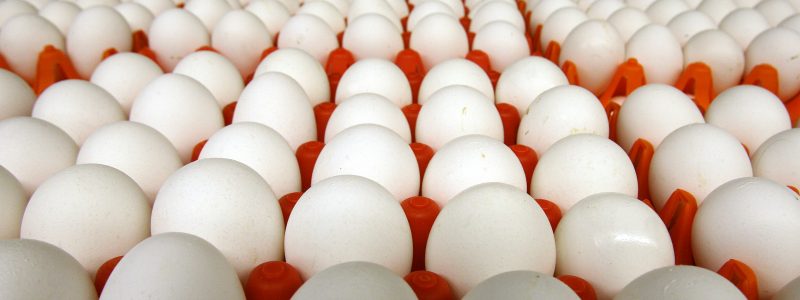
Ovostar Union, a leading egg and egg products manufacturer in Ukraine, supplied 466,000 eggs or 40 tonnes to Israel in April, which is 0.003% of its monthly production volume, the company’s press service has told Interfax-Ukraine.
“Israel is a country with high requirements for safety and quality of food, and we are proud that our products passed the control of the Israeli veterinary service, and we have the opportunity to supply eggs to this market. Israel is currently experiencing a shortage of this product, and, in addition to Ukraine, buys eggs in other European countries. On April 1, 2020, the Israeli Veterinary Service allowed producers of table eggs from Ukraine to export them to the country,” the company said.
Ovostar Union said that the company has been consistently implementing its export development strategy since 2015. Ovostar products are delivered to 55 countries, including to the markets of the EU, the Middle East, Southeast Asia and Africa. The export volume in 2019 amounted to an average of 43 million units per month, in 2018 – 48 million units per month.
Ovostar, citing the State Statistics Service, reported that the production of industrial eggs in Ukraine is growing annually, and in January-February 2020, egg production by specialized enterprises increased 8.6% compared to the same period in 2019.
“At the same time, the volume of the domestic market, taking into account the significant share of eggs collected by households, remains almost unchanged. The egg is one of the key export goods of the agricultural sector of Ukraine. With an average monthly production of 780 million pieces by poultry farms in general, 190 million eggs are exported, making our country one of the key players in the global egg industry,” the company said.
Speaking about the company’s work during the coronavirus disease (COVID-19) pandemic in Ukraine, Ovostar said that since the introduction of quarantine restrictions, the company, despite the additional costs of ensuring sanitary standards at enterprises, exchange rate fluctuations and rising cost of feed, has not changed selling prices for packaged products delivered to retail chains.